In the realm of mental health, the journey toward recovery is as much about the mind’s resilience as it is about the strategies employed by both patients and therapists. A critical aspect that often goes overlooked is the narrative we adopt about our mental health struggles and those of our clients, particularly how we understand and identify with psychiatric diagnoses and trauma. An often overlooked consideration is how this narrative (i.e., the story we tell ourselves about our trauma history and mental health struggles) significantly influences our prognosis and recovery trajectory.
The Phenomenon of Overidentification
Overidentification with one’s psychiatric diagnosis or trauma can create a fixed mindset around one’s identity and capabilities. During overidentification (i.e., illness engulfment), a person’s identity is primarily defined by their diagnosis and has a mediating and/or moderating role in the relationship between insight and symptoms. This self-perception limits personal growth and instills the belief that one’s potential is capped by one’s condition. It’s essential to recognize the difference between understanding one’s diagnosis for informed management and letting that diagnosis define one’s entire being.
Case Studies: The Risks of Overidentification
Clinical studies and personal anecdotes alike highlight the risks associated with overidentification. Patients who see themselves primarily through the lens of their mental health issues and/ or their trauma history tend to experience a more challenging recovery process, often feeling trapped in a cycle of relapse and recovery.
Medication: A Double-Edged Sword in Mental Health Recovery
Medication use is predicated on the belief that psychiatric symptoms are the result of problematic brain chemistry (i.e., chemical imbalance theory). Despite this assumption having been thoroughly debunked, it continues to hold sway within the general community of mental health providers and patients. Nevertheless, many patients view their medications as a lifesaver, offering relief and stability where none seemed possible. However, attributing one’s recovery solely or primarily to medication can foster a dependency that complicates the recovery process.
Relapse Rates Post-Medication Discontinuation
Statistics show that individuals who heavily attribute their mental wellness to their medication face higher relapse rates upon discontinuation. This dependency underscores the importance of a comprehensive recovery plan that includes, but is not limited to, medication.
Patient Narratives on Medication Dependency
Hearing from patients themselves, it’s clear that those who view medication as one part of a broader strategy tend to navigate the discontinuation process more successfully, illustrating the power of perspective in recovery.
Trauma Overidentification
The Role of Therapists in Framing Mental Health
The therapeutic approach can significantly influence a patient’s recovery journey. Therapists who frame psychiatric symptoms within a limiting context (i.e., the reductionist view of biology or who promote the “your trauma defines you” paradigm) may inadvertently reinforce the idea that these challenges are fixed and immutable.
Biological vs. Psychological Framing: A Comparative Study
Research suggests that therapists who adopt a psychological lens, emphasizing the patient’s agency and the potential for growth, tend to be more effective than those who frame clients’ symptoms through a restrictive lens. The former approach empowers patients and encourages a more holistic view of recovery.
Effective Communication Strategies for Therapists
For therapists, the key lies in balancing understanding with empowerment, helping patients see beyond their diagnoses or trauma narratives and recognize their capacity for change.
Strategies for Healthier Mental Health Narratives
Shifting the narrative around mental health involves both individual effort and systemic change. Encouraging personal empowerment, focusing on holistic recovery, and fostering environments that support mental wellness are crucial steps.
Empowering Patients Beyond Diagnoses
Empowerment comes from understanding one’s diagnosis or history without being confined by it. Strategies include setting personal goals, engaging in activities reinforcing a sense of self-worth, and building supportive relationships. In short, we are the authors of our own lives. Each one of us is the hero or heroine. The evidence is simple: If you’re reading this, in this moment, that’s all the evidence I need that you have survived everything that’s ever happened to you…which isn’t by accident. You made that happen. Your history doesn’t define you; you define your history.
Holistic Approaches to Mental Health
A holistic approach to mental health recovery considers all aspects of a person’s life, from physical health and social connections to spiritual and emotional well-being.
Real-Life Success Stories
Narratives of those who’ve managed to redefine their relationship with their diagnoses and embrace a broader identity beyond their mental health struggles can be incredibly inspiring. These success stories serve as a beacon of hope for others on their recovery journey, illustrating that change is possible and that one’s diagnosis does not define their entire existence.
Overcoming Overidentification
Individuals who have successfully overcome overidentification with their psychiatric diagnosis or trauma often share common threads in their stories: the realization that they are more than their diagnosis, the active pursuit of personal interests and passions that remind them of their individuality, and the support of a community that sees them for who they are beyond their mental health issues.
Clients and therapists tend to gravitate toward experts and authors with initials after their names to find answers that foster healing and recovery. Yet, I encourage clients and colleagues to seek out those with first-hand experience in overcoming whatever obstacle one faces; those are the true experts. Seeking recovery and healing narratives reflect the potential that fuels hope and expectation that life will improve.
Sustainable Recovery Post-Medicalization and Monetization
The narrative of sustainable recovery post-medicalization and monetization is equally compelling, highlighting the importance of developing coping mechanisms and support systems that do not rely solely on adopting limiting belief systems. These stories emphasize resilience, the gradual building of one’s capacity to navigate life’s challenges without leaning exclusively on medication (i.e., to the determinant of healing), and the role of therapy, lifestyle changes, and community support in maintaining long-term wellness.
Conclusion
Moving forward, it is imperative for both individuals navigating their mental health journey and the professionals supporting them to foster narratives of empowerment, resilience, and holistic recovery.
Understanding and identifying with one’s diagnosis or trauma is a complex process, but it should not be the sole defining aspect of anyone’s identity or potential for recovery. Similarly, while medication can play a crucial role in managing psychiatric conditions, it is essential to cultivate a broader array of coping strategies and supports. By shifting the framing of mental health from one of limitation to one of potential and growth, we can all contribute to a more empowering and effective approach to mental health recovery.
FAQs
How can overidentification with a psychiatric diagnosis affect recovery? Overidentification can create a fixed mindset, limit personal growth, and make the recovery process more challenging by fostering a belief that one’s condition is unchangeable.
Why is attributing recovery solely to medication considered risky? Attributing recovery solely to medication can lead to dependency, making individuals more vulnerable to relapse if they discontinue their medication without having developed other coping strategies.
What role do therapists play in a patient’s recovery narrative? Therapists play a crucial role in shaping the recovery narrative. Those who encourage a psychological framing of mental health, focusing on growth and personal agency, tend to be more effective than those who frame issues solely in biological terms.
What are some strategies for overcoming overidentification with mental health issues? Strategies include focusing on personal strengths and interests, setting goals beyond mental health, and building a supportive community that recognizes the individual’s full identity.
Can you share a success story of someone who managed their mental health without relying solely on medication? While individual stories vary, many people have found success through a combination of therapy, lifestyle changes, community support, and developing personal coping strategies, demonstrating that a holistic approach to mental health recovery is both possible and sustainable.





